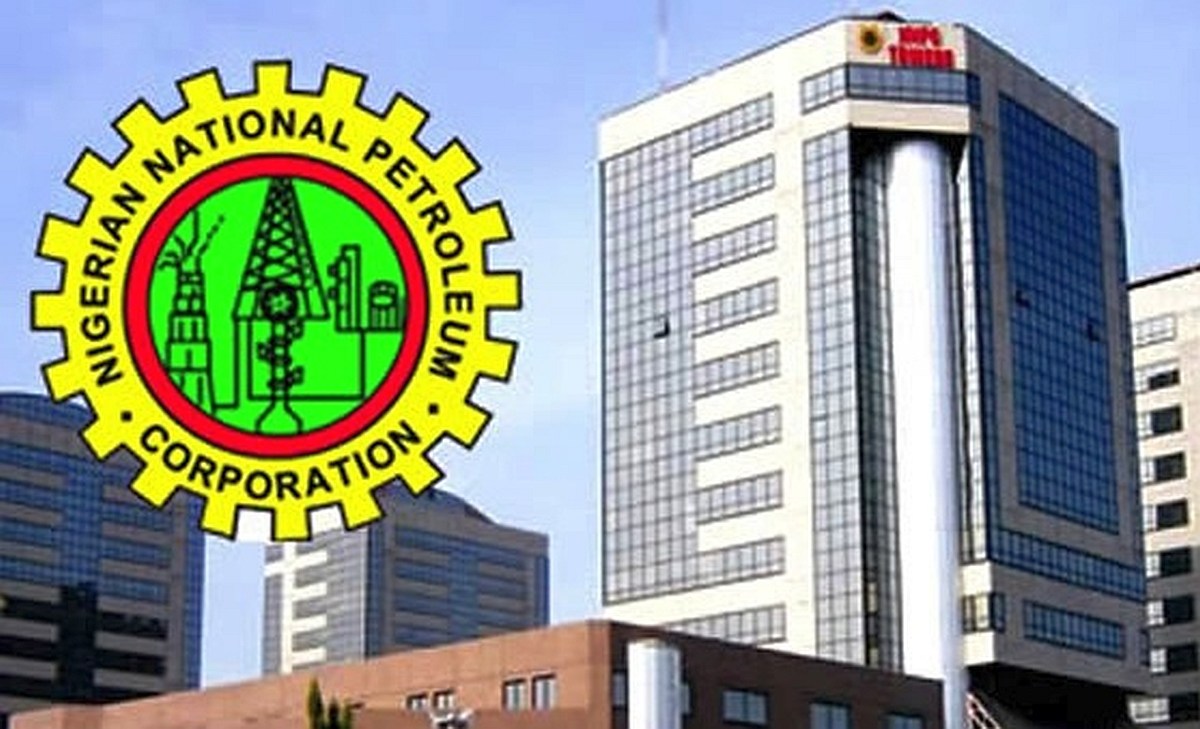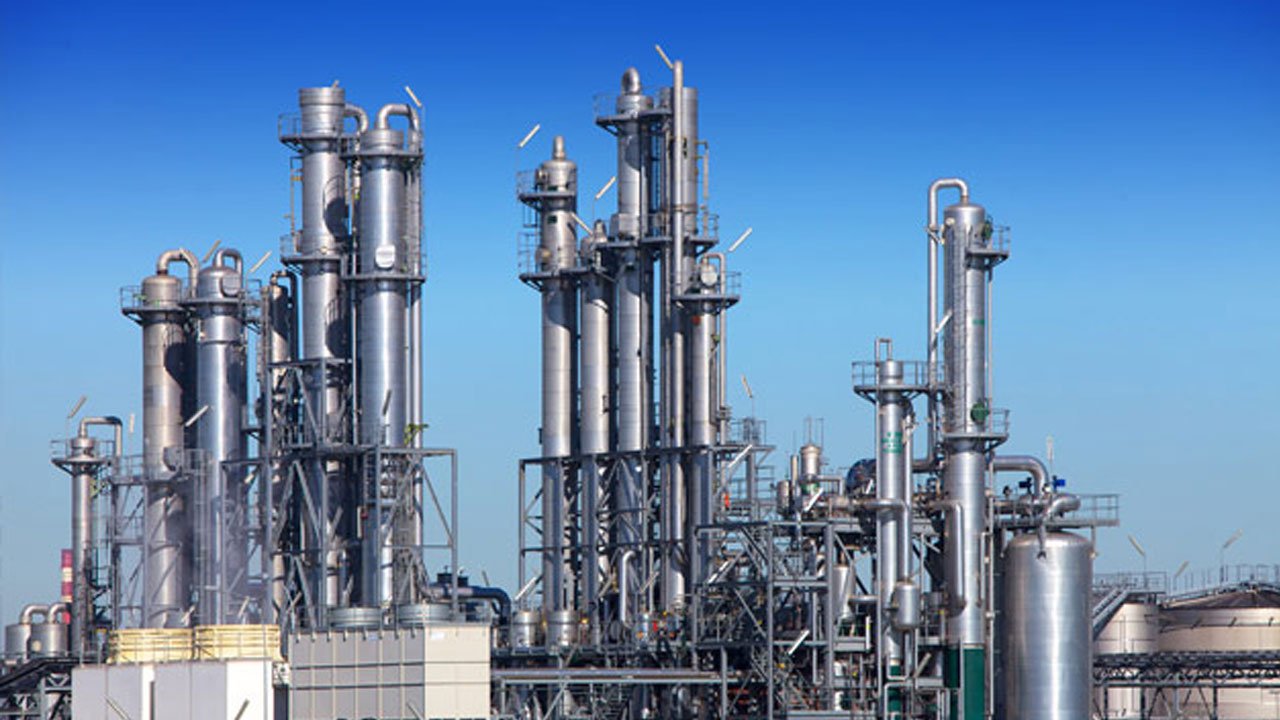 The Nigerian National Petroleum Corporation, yesterday has said that it saved the nation the sum of $1.7 billion as it secured a reduction in the cash call arrears from $6.8 billion to $5.1 billion. This is as it keeps to the terms of the agreement of the $5.1 billion repayment plan it entered into with international oil companies with respect to the Joint Venture Cash Call, JVCC. In a statement in Abuja, Group General Manager, Group Public Affairs Division of the NNPC, Mr. Ndu Ughamadu, said that the Federation Account Allocation Committee meeting is regularly briefed on this development and would receive a briefing update at the next scheduled FAAC engagement.
The Nigerian National Petroleum Corporation, yesterday has said that it saved the nation the sum of $1.7 billion as it secured a reduction in the cash call arrears from $6.8 billion to $5.1 billion. This is as it keeps to the terms of the agreement of the $5.1 billion repayment plan it entered into with international oil companies with respect to the Joint Venture Cash Call, JVCC. In a statement in Abuja, Group General Manager, Group Public Affairs Division of the NNPC, Mr. Ndu Ughamadu, said that the Federation Account Allocation Committee meeting is regularly briefed on this development and would receive a briefing update at the next scheduled FAAC engagement.
He said that the NNPC was able to secure a reduction in the cash call arrears from $6.8 billion to $5.1 billion, saving the country $1.7 billion, adding that it was agreed that the balance would be paid over a five-year period through incremental crude oil production. He said, “The administration of President Muhammadu Buhari inherited a cash call arrears of $6.8 billion, unpaid by previous administrations. President Buhari subsequently directed NNPC to resolve this challenge which had led the IOC JV partners to drastically reduce investment in the Nigerian oil sector.
“Based on Mr. President’s directive, NNPC engaged the IOCs and negotiated the cash call arrears down from $6.8 billion to $5.1 billion saving the country $1.7 billion. NNPC then set a repayment plan in place. The key point with the repayment plan was that the arrears would be repaid from incremental production over a five-year period so that base production would be preserved. This arrangement was translated into a Repayment Agreement which was further endorsed by the Governors at National Economic Council and approved by Federal Executive Council.
“To date, NNPC has kept to the terms of the Repayment Agreement. The FAAC Meeting is regularly briefed on the Repayment status and will receive a briefing update at the next scheduled FAAC engagement.”
Meanwhile, NNPC also said that two of the country’s refineries, Kaduna Refining and Petrochemical Company, KRPC and Port Harcourt Refining Company, PHRC, processed 204,877 metric tonnes of crude oil in the month of January 2017. The corporation in its January 2017 Financial and Operations Report, signed by Mr. Ndu Ughamadu, said that while PHRC accounted for 183,022 metric tonnes of crude oil, KRPC processed 21,855 metric tonnes. The NNPC said that the production by the two refineries during the period translated into a combined yield efficiency of 89.97 per cent as against the 88.99 per cent in December 2017. The report noted that in the month under review, 1.463 billion litres of Premium Motor Spirit, PMS and 33.79 million litres of Dual Purpose Kerosene, DPK, were supplied into the country through the Direct Supply Direct Purchase (DSDP) arrangements.
It added that the corporation’s supply of PMS into the country during the period was far above the normal daily supply of 35 million litres per day to ensure products availability nationwide. The report reiterated that the NNPC was inching closer to choosing financiers for its refineries with a view to achieving 90 per cent capacity utilisation per stream day before the end of 2019. The report, however, listed crude oil pipeline vandalism among the biggest challenges that plagued the downstream operations of the corporation in the month of January 2018, saying the malaise put the corporation at disadvantaged competitive position. It stated that during the period under review, 194 pipeline points were vandalised, with Port Harcourt -Aba and Aba-Enugu pipeline segment of the network accounting for 187 points or 86.57 per cent of the affected pipeline.
The report further noted that the NNPC has increased the supply of gas to the power sector between January 2017 and January 2018 by 88.89 per cent. It explained that gas-to-power supply as at January 2018 stood at 731 million metric standard cubic feet (mmscf) per day as against 387 mmscf/d in January 2017, representing 88.89 per cent increase.
It said, “An average of 731mmscf/d of gas was sent to over 20 domestic thermal power plants in the month of January 2018, generating a thermal power output of 3,076 megawatts (mw) to the national grid, representing 76.7 per cent of the total national power generation.” The report indicated that an additional 365mmscf/d of gas was supplied to the industrial sector to power over 50 companies in the period under review to boost the nation’s economy.
According to the report, the total gas production for the month was put at 8.169 billion scf/d out of which 14 per cent was supplied to the domestic market, 43 per cent for export, while 31 per cent was re-injected and the balance flared. The report gave the average international Brent crude price for January 2018 as $69.08/barrel as against $64.37/barrel in December 2017, saying that over the last 12 months the crude oil price had risen to about 26.57 per cent. It stated that the continuing efforts by OPEC and non-OPEC producers to stabilise the market, as well as crude inventory pulls in the middle of the healthy economic growth and improving oil demand were reasons for the stability in the price of the black commodity.

